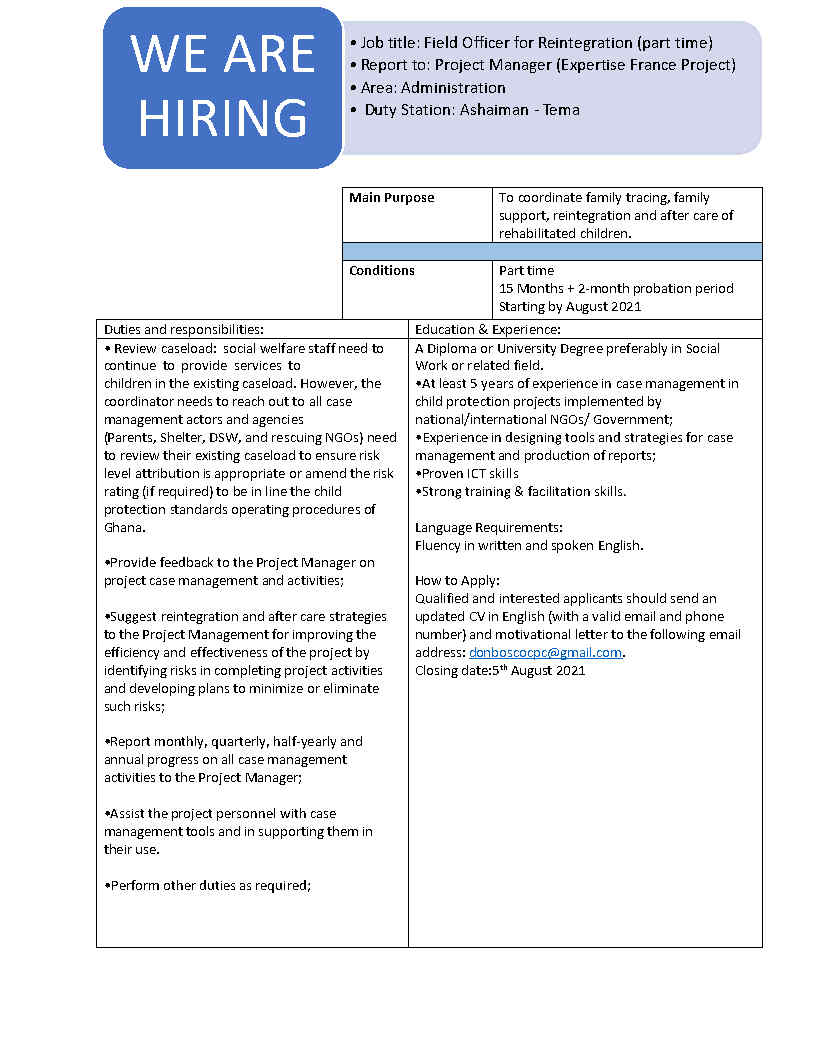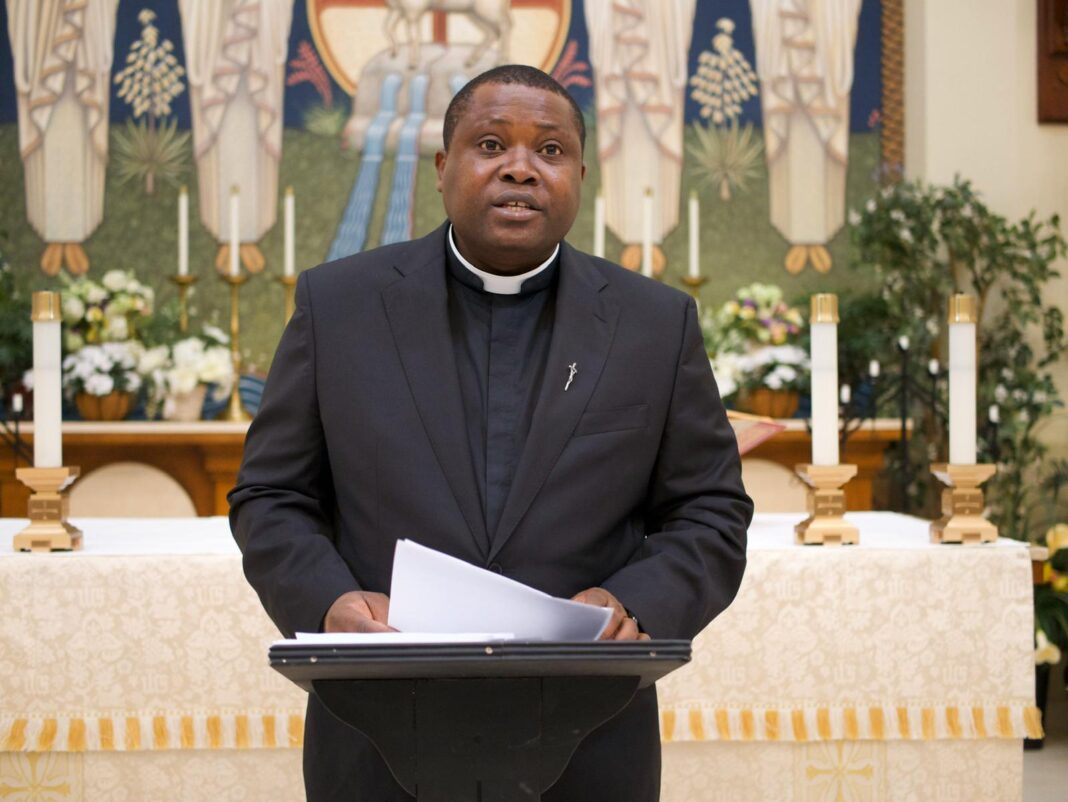1 Kings 19:4-8/ Psalm 34/ Ephesians 4:30-5:2; John 6:41-51
Theme: Stop Murmuring
Christ is the living bread essential to us as a pilgrim people called to an “impossible”
love on earth, and eternal life with God: this is the essential message of today’s readings.
Both the bread God gives Elijah (First Reading) and the manna he gives the Israelites
(Gospel) prefigure the Eucharist. It enables them to complete their journey, to where
God has called them; Strengthened by this bread, we become able to follow his way of love, and the seed of eternal life is sown in us (Second Reading and Gospel).
The first reading of today forms part of the large section of the First Book of Kings
(Chapter 17, 18 & 19). Elijah had raised to life the son of the widow of Zarephath; he had
won victory over the prophets of Baal; he had predicted drought in the land and the like.
All these events show God’s hand powerfully at work in his life. Yet, today, he flees from
Jezebel who wanted to kill him because he had killed the prophets of baal. Elijah was so
frustrated that: “… he asked that he might die: ‘It is enough; now, O Lord, take away my
life, for I am no better than my ancestors’ (1Kings 19:4). This is surely human nature. In
our moments of adversity, we easily forget about the successes God has enabled us to
attain.
The pilgrimage of Christian life can be arduous. There are times when life – or maybe
just the coming week! – can appear too arduous a journey. God speaks to us then, as to
Elijah; like Elijah, we often do not get the message. He has to repeat it, arouse us again
and again from our discouragements and lack of trust. We need to learn not to let the
minutes and hours of our life leak away through the cracks of our inaction and
faint-heartedness.
This necessary pilgrimage is “the time of grace and mercy which God
offers [man] so as to work out his earthly life in keeping with the divine plan and to
decide his ultimate destiny” (CCC 1013). Compared with the eternal life God promises
us, the span of our lives is a mere speck, a tiny instant; whatever the effort required to
reach the “mountain of God”, where all is right, forever, it is eminently worthwhile.

By referring to the “murmuring” of the people – their critical small-mindedness and
complaining – Jesus quite deliberately harks back to the people of the exodus, who had
also “murmured” against God in the desert (Exodus 16:2). This is a pervasive and
extremely negative human trait in which the echoes of mankind’s first sin, with its
distrust of God’s benevolence (Genesis 3:5), still reverberate all too clearly. It fails to
take into account: that God is our Father; that everything he allows is a precious gift of
his love to us; that everything is not just possible but “easy” for him; and that we cannot
possibly grasp more than a very faint inkling of his intentions and his plans.
On both occasions in the desert, God “shows up” how inadequate purely human
thinking, unenlightened by faith, really is. The strength of Christians is found in the
Eucharist. And yet it is true that by ourselves, like Elijah, we would be unable to reach
the goal. The goal proposed to us as Christians – how we should live in this life, what
will be in the next – is so lofty that not even what God worked in Old Testament times is
enough. “Your ancestors ate the manna in the desert, but they died”. To walk through
this life in such a way as to be worthy of being called to eternal life – that is, to live lives
effectively inspired by love (Matthew 25:16) from which the opposite has been expelled
(Second Reading) – we need “the bread that comes down from heaven (Jesus), for a
man to eat and never die”.
“Elijah had had enough. The greatest of the Old Testament prophets was not just
tempted to give up; he practically did so. Is it any wonder then that similar temptations
can assail us too? Ours are perhaps less dramatic, but for that very reason, all the more
insidious. The Christian way, the “way of love”, is long, and at close range can often
seem as barren as the desert that stretched out endlessly before the prophet.
St Paul reveals the secret for achieving it. Of course, if we do not follow his advice, we
should not be surprised we cannot manage it. No one, not even Elijah, can do it on his
own. What is the key? Look to Christ. His love is made tangibly present in the Eucharist.
Eating his body and drinking his blood we will be fortified to walk the long road. And
like Elijah it will enable us to reach the mountain of God. We have the problem that it is
too easy for us to receive the body of Christ in Communion. We do not take it seriously.
Imagine how we would think about Communion if it were possible to receive it only in
one place on earth –say, Jerusalem – and only once in our lifetime. Perhaps we would
all have a year-long retreat, with fasting on bread and water, to prepare for it. It would
be the high point of our lives. But it is no less marvelous because we can receive
Communion every day if we please. It should still be the high point of our lives: we just
get to repeat it.

Some few Lessons for our reflection:
• Life is a pilgrimage. This necessary pilgrimage is “the time of grace and mercy which
God offers [man] so as to work out his earthly life in keeping with the divine plan and to
decide his ultimate destiny” (CCC 1013).
- Stop murmuring. This is a pervasive and extremely negative human trait in which the
echoes of mankind’s first sin, with its distrust of God’s benevolence (Genesis 3:5), still
reverberate all too clearly. It fails to take into account: that God is our Father; that
everything he allows is a precious gift of his love to us; that everything is not just
possible but “easy” for him; and that we cannot possibly grasp more than a very faint
inkling of his intentions and his plans. On both occasions in the desert, God “shows up”
how inadequate purely human thinking, unenlightened by faith, really is. - The strength of Christians is found in the Eucharist. Elijah had had enough. The
greatest of the Old Testament prophets was not just tempted to give up; he practically
did so. Is it any wonder then that similar temptations can assail us too.
In conclusion, the fruit of Holy Communion is overwhelming for “What material food
produces in our bodily life, Holy Communion wonderfully achieves in our spiritual life.
Communion with the flesh of the risen Christ, a flesh giving life and giving life through
the Holy Spirit, preserves, increases and renews the life of grace received at baptism.
This growth in Christian life needs the nourishment of Eucharistic Communion, the
bread for our pilgrimage until the moment of death, when it will be given to us as
viaticum. CCC 1392).



